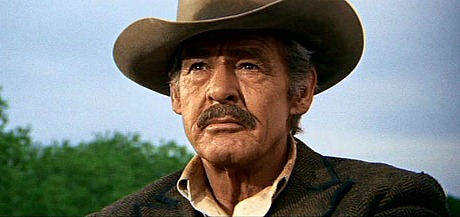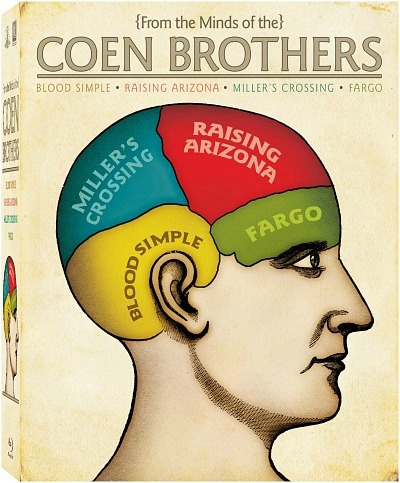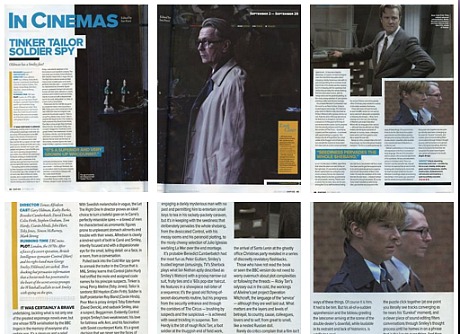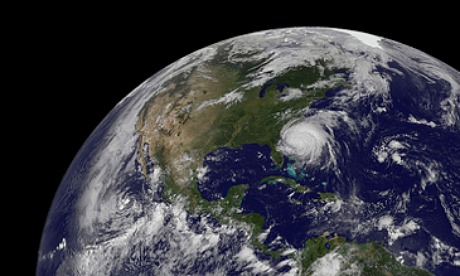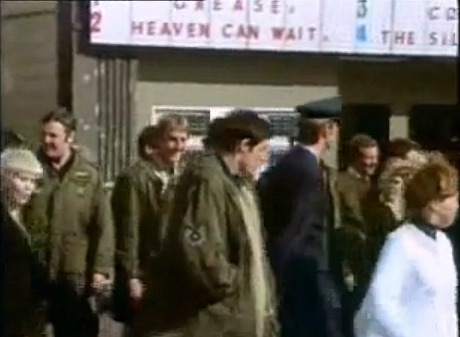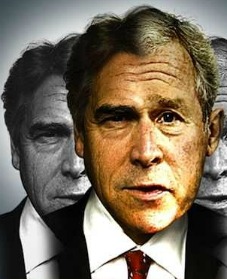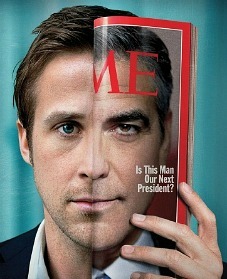My first-ever Telluride Film Festival begins in six days, my arrival there in five, and the first leg of my journey there will begin in four — i.e., a 12:30 pm Burbank-to-Albuquerque flight next Wednesday. Am I feeling jazzed? Yeah, sure, I was…until I read a summary of a recent “Telluride Best Bets” tweet by In Contention‘s Kris Tapley. He predicted that Alexander Payne‘s The Descendants, Steve McQueen‘s Shame and David Cronenberg‘s A Dangerous Method will play there…fine. Entirely welcome, looking forward. But then came the other three.

Tapley’s intuitive powers are telling him that…sputter, choke, cough….Sean Durkin‘s Martha Marcy May Marlene will play Telluride? I’ve paid $780 for a festival pass to see a film that played eight friggin’ months ago at Sundance 2011 and Cannes four months ago? He also half-detects, half-suspects, feels and/or believes that Pedro Almodovar‘s The Skin That I Live In — also seen at Cannes 2011, and deemed by most as a relatively minor entry in the Almodovar canon — will turn up. Tapley has also detected railroad-track vibrations indicating that Michel Hazanavicius‘ The Artist (Weinstein Co., 11.23) will play there.
I’m also hearing that Lynne Ramsay‘s We Need To Talk About Kevin — another Cannes movie that I described last May as “emotional rat poison” — will show at Telluride. Please. Telluride co-honchos Tom Luddy and Gary Meyer “love Tilda Swinton,” a semi-insider claimed.
Maybe Kris is right and maybe he’s not, but let me explain something. Telluride, for me and many others, is about discovering the most exciting or intriguing unseen, fresh-from-the-oven films that will matter to quality-seeking moviegoers over the next four months. The festival can sometimes be about prospective awards season contenders, but that’s a peripheral consideration. And I love the prospect of seeing whatever curio mood movies and/or classics or retrospectives that might pop up. But one thing this festival cannot and must not do is show much discussed, heavily vetted Sundance and Cannes re-runs. It won’t do to give people like me a feeling that they’ve been…well, at least partially burned.
Tapley is also hoping to see William Friedkin‘s Killer Joe, George Clooney‘s The Ides of March, Martin Scorsese‘s George Harrison: Living in the Material World, Rodrigo Garcia‘s Albert Nobbs, Roman Polanski‘s Carnage and Luc Besson‘s The Lady. I’m down with all of these.
I’m told that at least one movie that currently has no firm 2011 release date but is a semi-likely 2011 awards contender will play Telluride. The movie being referred to, by the way, is not Albert Nobbs, even though it hasn’t yet landed a U.S. distributor.
I’m not challenging the suspicion/belief that Tomas Alfredson‘s Tinker Tailor Soldier Spy won’t appear at Telluride. Focus Features passed on Toronto and couldn’t wangle a showing at the New York Film Festival plus it’ll be a costly hassle to fly their talent all the way from the Venice Film Festival, etc. But it would certainly be welcome if Focus decided not to duck all the early-fall stateside festivals. Especially given my costly pledge to fly to England to see it on the weekend of 9.16 if it doesn’t play Telluride. If the Focus guys are cool about it, they’ll screen it for select U.S. journos and thereby save some of us the plane and hotel fare.
